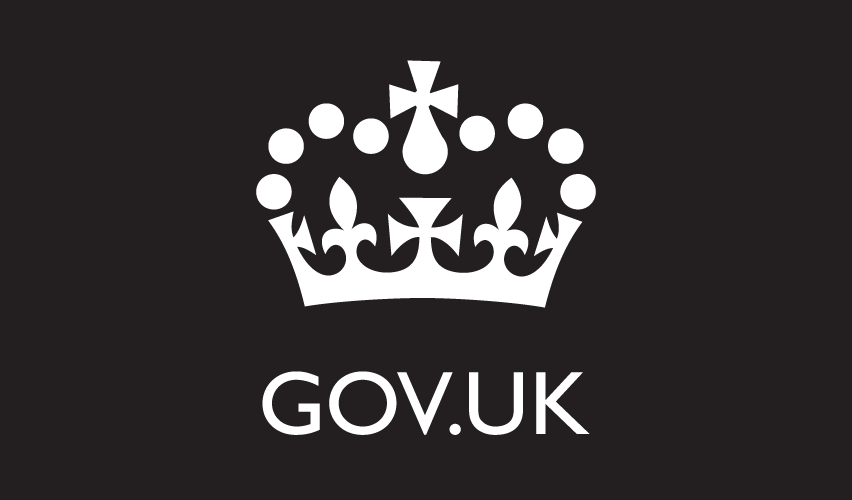

The government must not forget there are many citizens who do not want to use the Internet for public services, as the “digital by default” strategy continues apace, the National Audit Office (NAO) has warned.
Over the past year, the Cabinet Office has led a charge to overhaul public services, dragging as many as possible online through its Government Digital Service. One of the most significant moves was the establishment of GOV.UK, which will serve as the one-stop shop for all central government-run services.
The Identity Assurance Programme has also been key to the digital by default strategy, as it plans to let users choose what Web identity they want to use to access public services. The pilot scheme will even let people use their PayPal identities to sign on for benefit services.
But the government has to accept there are still large numbers of British citizens who remain offline, the NAO said. Therefore it has to both encourage people to start using the Internet and continue to offer offline options, it added.
“Online working is increasingly central to the delivery of government services and rightly so. But it is important to remember that there are significant numbers for whom this does not work,” said Amyas Morse, head of the NAO.
According to the body, 17 percent of the British population remain offline, 49 percent of whom are 65-years-old or over. Over half of those not online have none or almost no knowledge of the Internet.
The government could do better in convincing those with access to the Internet to use online public services, as it may miss savings targets if not, the NAO noted. It claimed awareness of some online public services was low.
“For the 20 public services covered by our research, we found that the proportion of online transactions ranged from less than 50 percent to over 80 percent by service,” it said in its report.
“GDS has, in calculating potential savings, assumed that 82 percent of transactions will be carried out online, in line with its research finding that 82 percent of the population is online.”
Francis Maude, minister for the Cabinet Office, said the report “firmly endorses the digital transformation of public services designed around user needs that the Government has undertaken”.
“Putting these services online, rather than using face-to-face, postal or phone options, will deliver substantial savings to the public purse, and save users time and money,” he added.
“We are developing digital services that are so good people will prefer to use them, while ensuring that those who are not able to go online are given the support they need to do so.”
What do you know about public sector IT? Try our quiz!
American space agency prepares for testing of Boeing's Starliner, to ensure it has two space…
As UK and Europe develop closer military ties, European Commission says it will invest €1.3…
Zuckerberg seeks to revive Facebook's original spirit, as Meta launches Facebook Friends tab, so users…
Notable development for Meta, after appeal against 2021 WhatsApp privacy fine is backed by advisor…
First sign of shake-up under new CEO Lip-Bu Tan? Three Intel board members confirm they…
Trump's nominee for SEC Chairman, Paul Atkins, has pledged a “rational, coherent, and principled approach”…